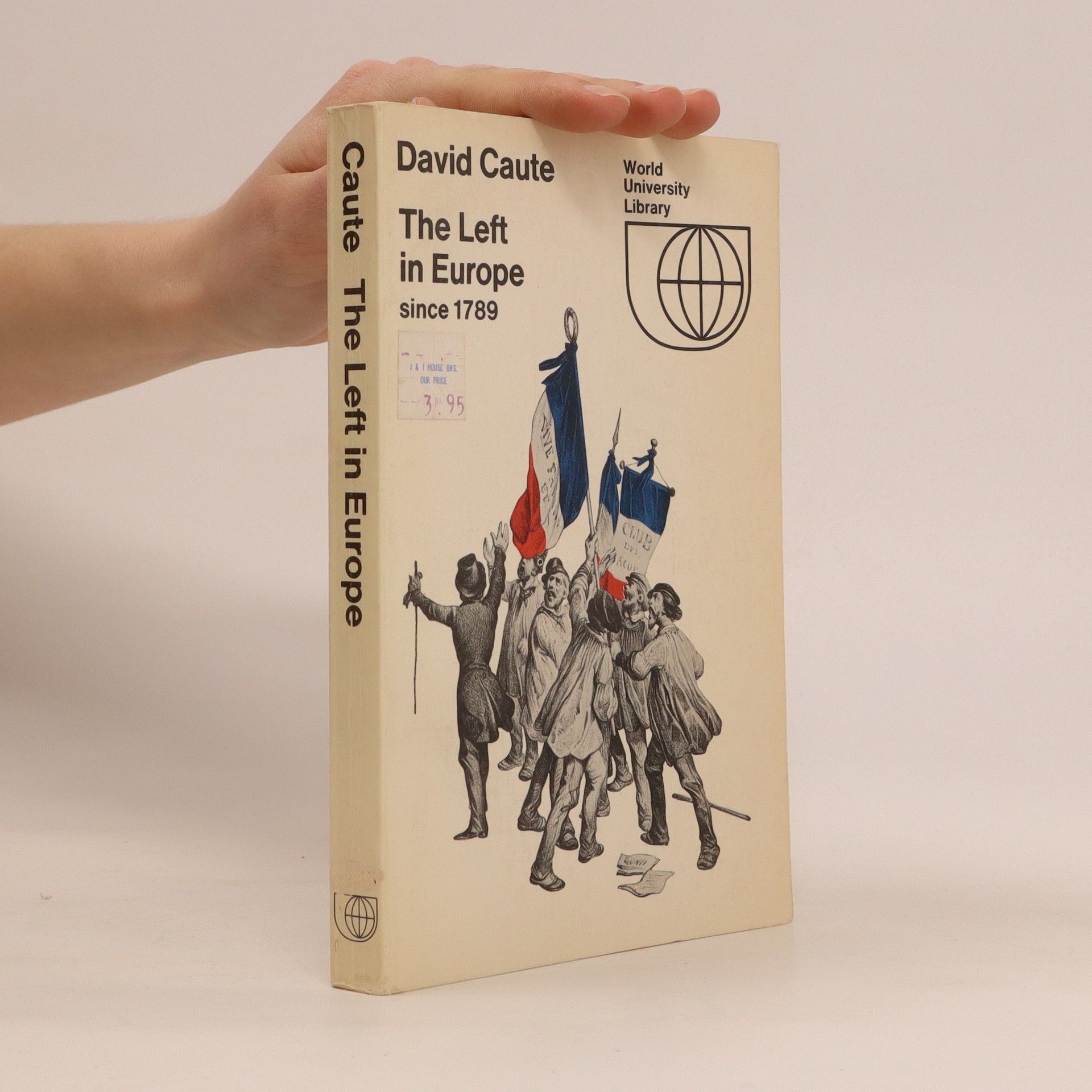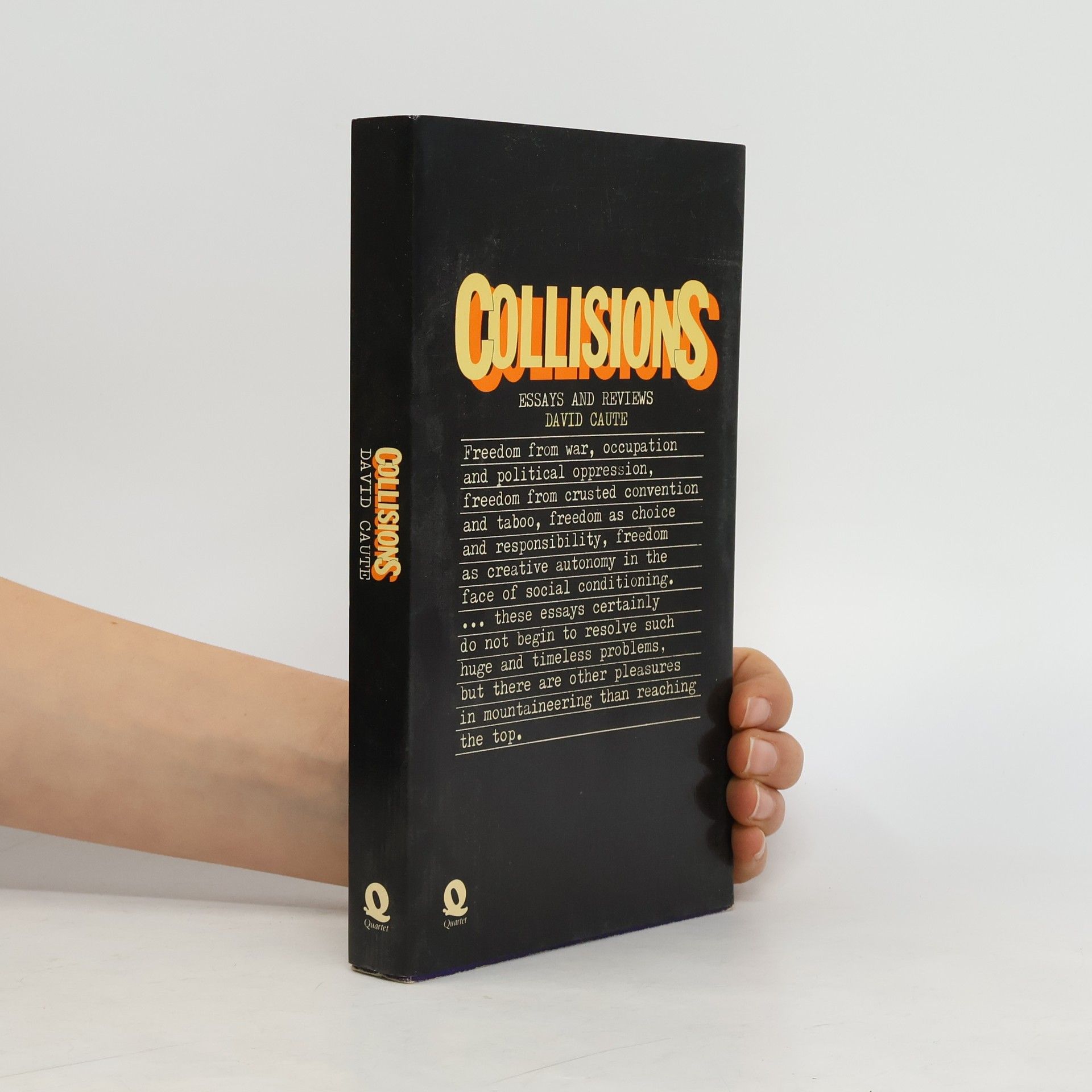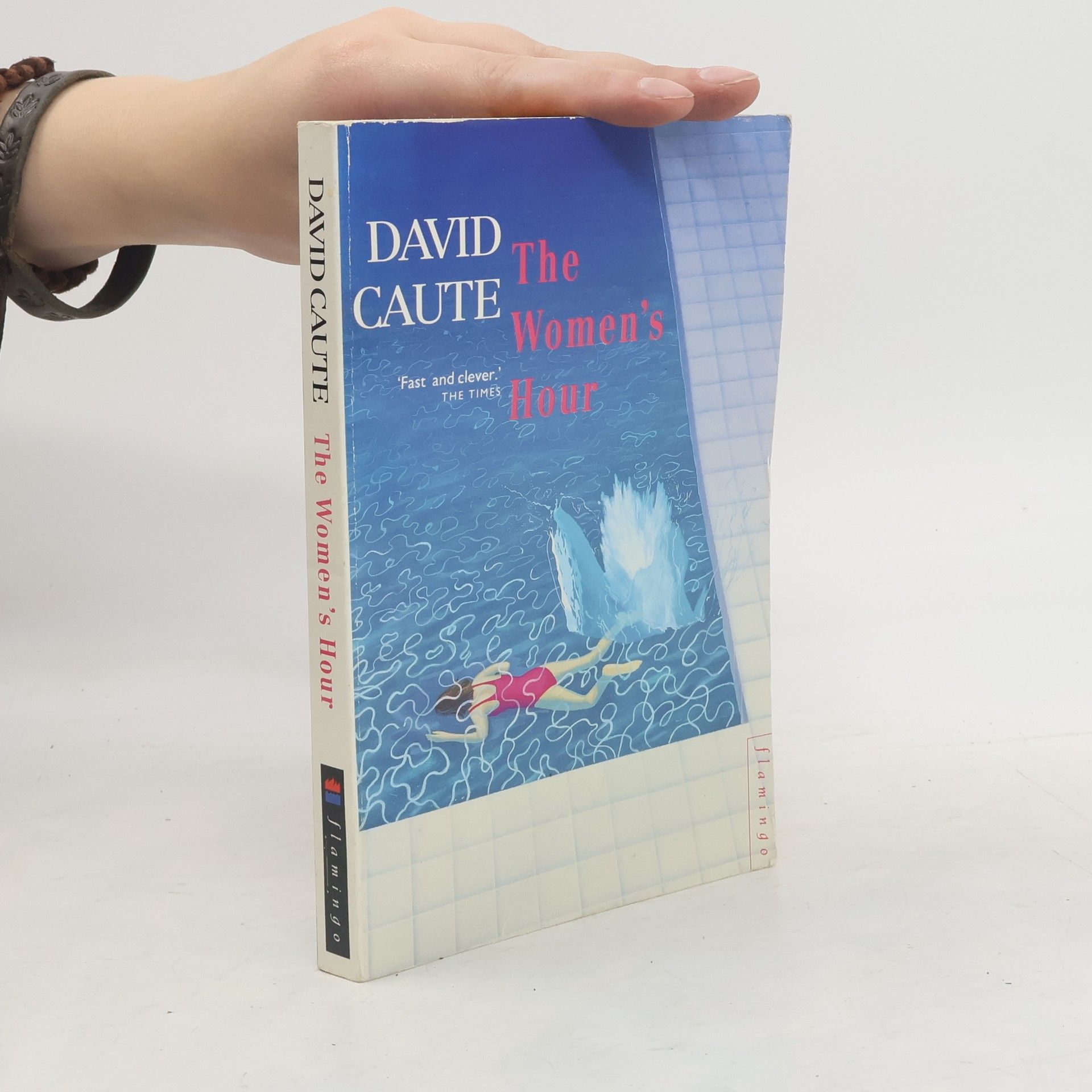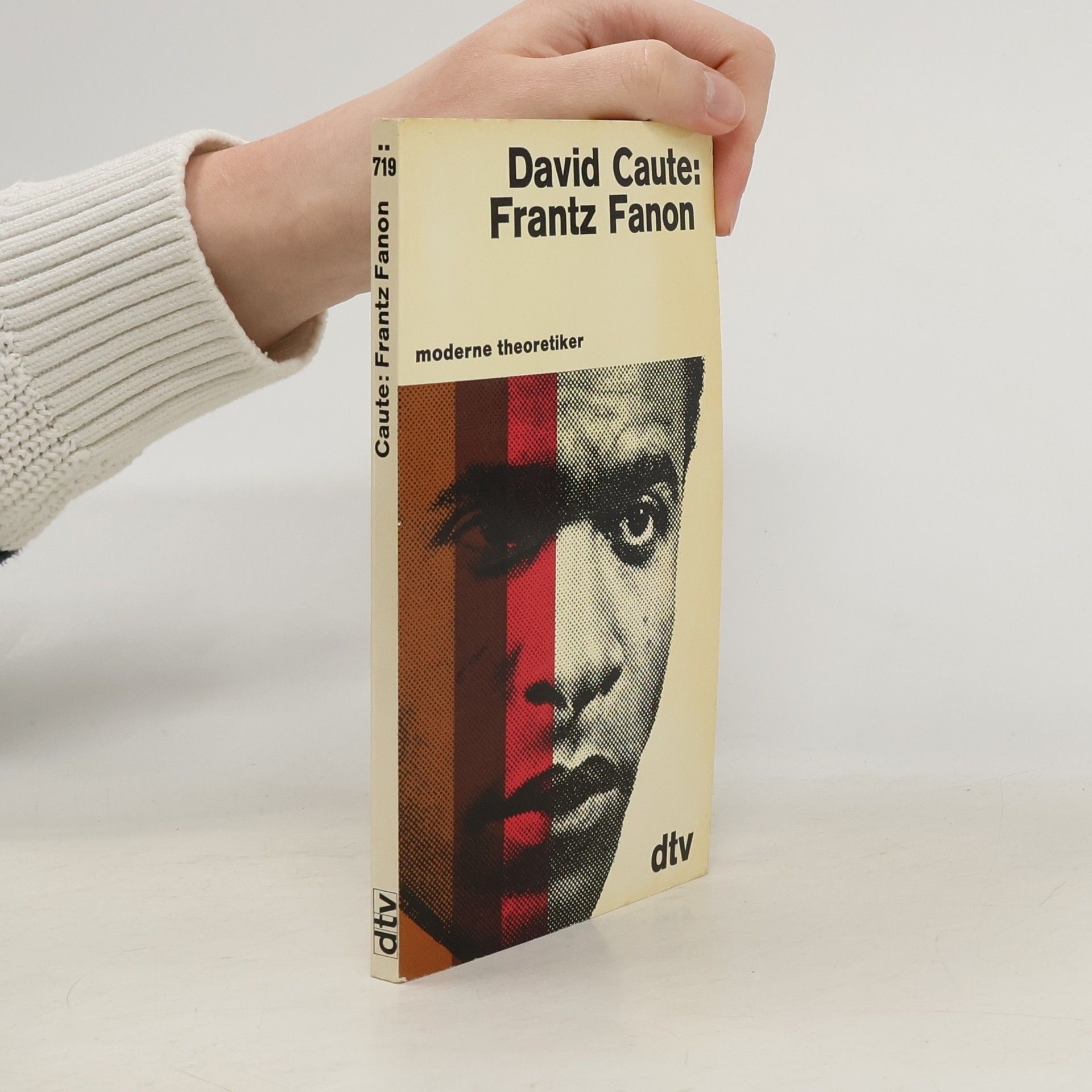Fatima's Scarf
- 560pages
- 20 heures de lecture
From his earliest years, Gamal Rahman was a troublemaker. Born in Cairo, the son of a Nobel Prize-winning novelist, Gamal began life by killing his mother in childbirth. As a journalist and tutor to the amorous daughters of President Sharaf, he found his vocation; the literary murder of presidents and princesses. Hostile to Islamic fundamentalism, Gamal finally extended his hitman's contract to God the ultimate literary commission.By the time The An Interview is published, Gamal is living in exile in England. Publicly damned and burned by incensed Muslims in the Yorkshire city of Bruddersford, his book generates communal upheaval. Racial tensions erupt. The local Labour Party becomes fiercely embroiled and long-standing alliances are shattered.Nasreen Hassani, trapped between old values and the modern quest for personal fulfillment, can no longer sustain her marriage. Children rebel against patriarchy, and Muslim girls, inspired by the fourteen-year-old Fatima, embark on a bitter strike to defend their right to wear the scarf of modesty in school. While the claims of women fuel the flames, young men embrace the Sons of Allah, dedicated to the execution of the apostate author Gamal Rahman.What should a writer owe to himself, and what to society? David Caute's new novel is a masterly penetration of the murderous conflict between Islam and Western values -- a novel of major importance for the modern world.







